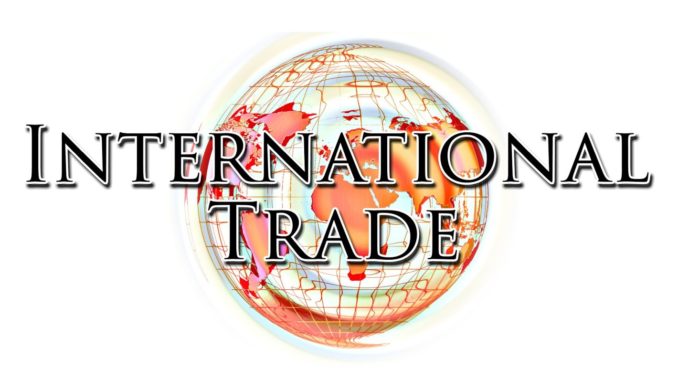
Mexico and the European Union made a big announcement over the weekend, unveiling their plans for a “major update” to their existing free trade agreement, The New York Times reported on Saturday.
The new development will allow “almost all goods, including agricultural products, to move between Europe and Mexico duty-free,” according to the report. The Times goes on to explain that
The deal, which has yet to be formally signed, is expected to increase trade in dairy, pork, services, digital goods and medicines between the economies. It will also give Mexico greater access to an advanced consumer market, as negotiations with the Trump administration over the modernization of the North American Free Trade Agreement still appear to be on uncertain ground.
Also, the update should be finalized fairly soon:
The European Union and Mexico said they had reached an agreement in principle on the most important elements of the agreement, with some technical details yet to be resolved. They are aiming to finalize it by year’s end, after which it must be ratified by the European Parliament and the Mexican Senate.
The original agreement (FTA EU-MX), signed in 1997, covered only “basic goods and machinery.” But following the announcement, which was made preceding the opening ceremony of the Hannover Messe (a major trade fair in Germany), the pact will now be expanded to include the sweeping array of new industries as well, Politico notes.
Why It Matters
The strengthening of trade ties between Mexico and the EU indicates Mexico’s growing efforts to reduce its dependence on markets in the U.S., currently its largest trading partner and destination of 82 percent of Mexican exports.
Importantly, broader access to European markets would make Mexico, still a member nation of the Trans-Pacific Partnership, far less susceptible to threats from its northern neighbor, such as this one:
Mexico, whose laws on immigration are very tough, must stop people from going through Mexico and into the U.S. We may make this a condition of the new NAFTA Agreement. Our Country cannot accept what is happening! Also, we must get Wall funding fast.
— Donald J. Trump (@realDonaldTrump) April 23, 2018
This is a crucial point as America enters talks with Mexico over issues such as illegal immigration, drug trafficking, and international organized crime.
Additionally, as Reuters reported last April, Mexico is also seeking a trade deal with Argentina and Brazil involving cars and agricultural products, which would further insulate them from blowback arising from any American trade restrictions. And as the U.S. State Department points out, Mexico already maintains “free trade agreements with the most countries of any nation in the world.”
The move also has the potential to adversely affect producers in the U.S.: the Office of the United States Trade Representative lists Mexico as “the United States’ 2nd largest goods export market in 2017,” accounting for 15.7% of overall 2017 U.S. exports. As a result, American exporters are in greater danger of being left behind as Mexico and the rest of the world continues moving towards more open markets.
There is a lesson that can be learned here, which is that stronger trade ties mean a stronger country. Americans should hope that President Trump and his protectionist allies learn this particular lesson sooner rather than later.

1 Trackback / Pingback
Comments are closed.